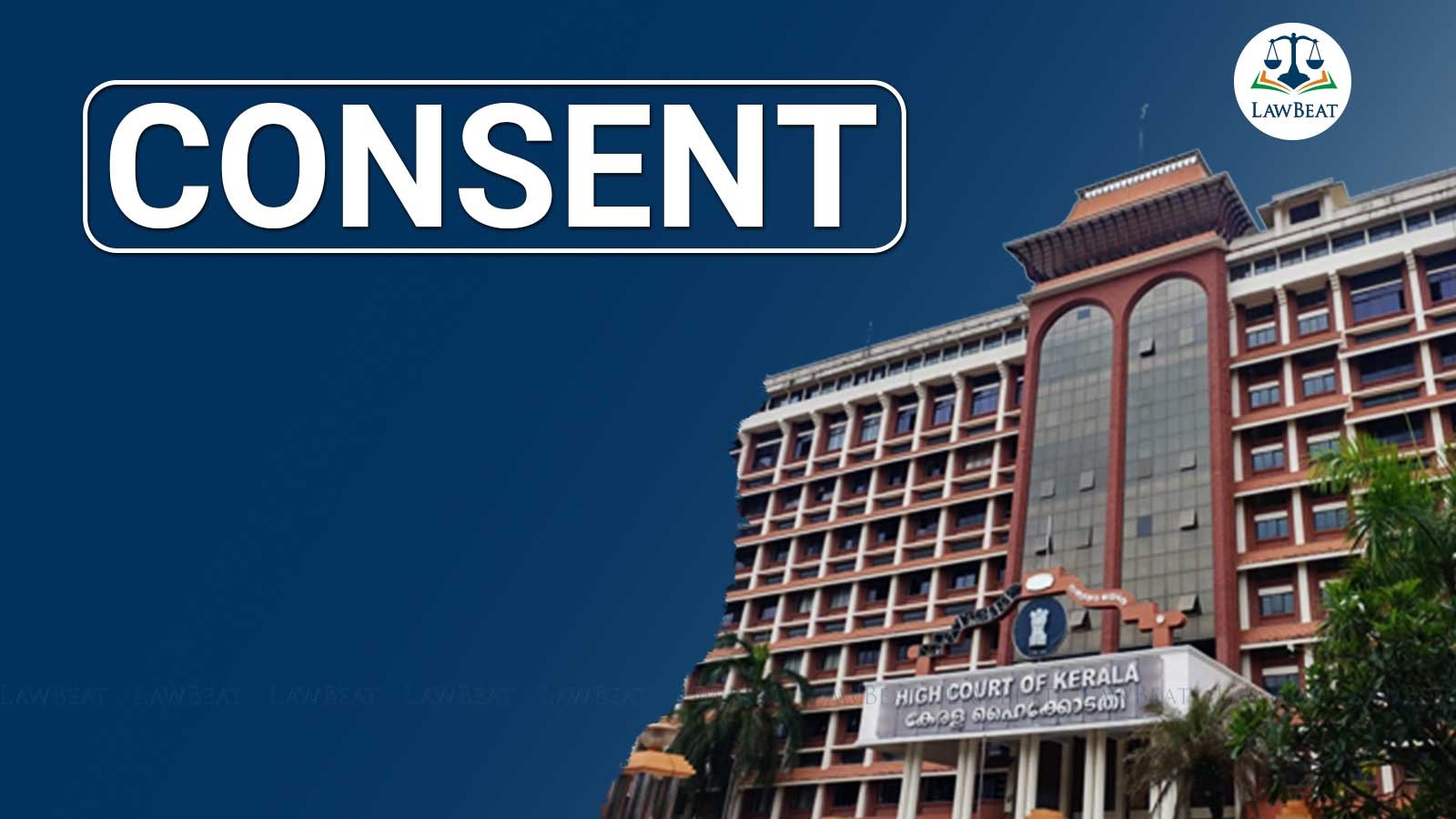Married Woman’s Allegation of Promise of Marriage Unbelievable : Kerala HC Quashes Rape Charges

The court quashed the proceedings considering that the victim willingly travelled with the accused and the relationship was, prima facie, consensual in nature
The Kerala High Court, in a significant ruling, has quashed the criminal proceedings against a man accused of rape and abducting a woman to compel her marriage ruling that the victim's allegation of sexual intercourse by the accused on the basis of a promise of marriage despite her being already married with children cannot be believed.
The court, presided over by Justice A. Badharudeen, observed that “the victim, a married lady, went along with the accused and travelled to Tiruppur and they had sexual intercourse therein. Therefore, promise of marriage alleged by the victim, who is a lady already married and having children, is unbelievable at the threshold. If so, the sexual intercourse on the promise of marriage, could not be believed and prima facie, the relationship is purely consensual in nature.”
The court made the observation while hearing a case alleging that the petitioner, Muhammed Shahabas, kidnapped the victim from her residence and subjected her to forced sexual intercourse on February 23 and 24, 2017. The case was registered initially under Section 57 of the Kerala Police Act, 2011, and later escalated to charges under Sections 366 and 376(2)(n) of the Indian Penal Code (IPC). The case was pending before the Fast Track Special Court, Tirur.
The petitioner, represented by Advocate K.P. Sudheer, sought to quash the proceedings under Section 482 of the Code of Criminal Procedure (CrPC), arguing that the charges were baseless. It was contended that the victim had accompanied the petitioner voluntarily, and any sexual relations were consensual. It was also highlighted that the victim was a married woman with two children at the time of the incident, which cast doubt on the claim that she was misled by a promise of marriage. Additionally, in support of this argument, affidavits were submitted by both the victim and her father, indicating a settlement between the parties.
On the other hand, the Public Prosecutor M.P. Prasanth, opposed the quashing, asserting that the prosecution had presented a prima facie case. The prosecutor argued that questions of consent and other factual matters were issues to be determined during the trial.
The court, after examining the facts and legal principles, emphasised that in cases involving serious offences like rape, the court should generally refrain from quashing proceedings even if there is a settlement between the parties. The court reiterated that “grave or serious offences or offences which involve moral turpitude or have a harmful effect on the social and moral fabric of the society or involve matters concerning public policy, cannot be construed betwixt two individuals or groups only, for such offences have the potential to impact the society at large.”
However, in this particular case, the court observed that the victim, who was already married with children, willingly traveled with the petitioner, and the claim of a false promise of marriage lacked credibility. The court noted that the relationship appeared consensual and not coerced or forced.
Given these circumstances, the court found that the continuation of criminal proceedings would be unwarranted. Consequently, the High Court allowed the petition and quashed all further proceedings against the accused.
Cause Title: Muhammed Shahabas v State of Kerala [ CRL.MC NO. 2457 OF 2021]
